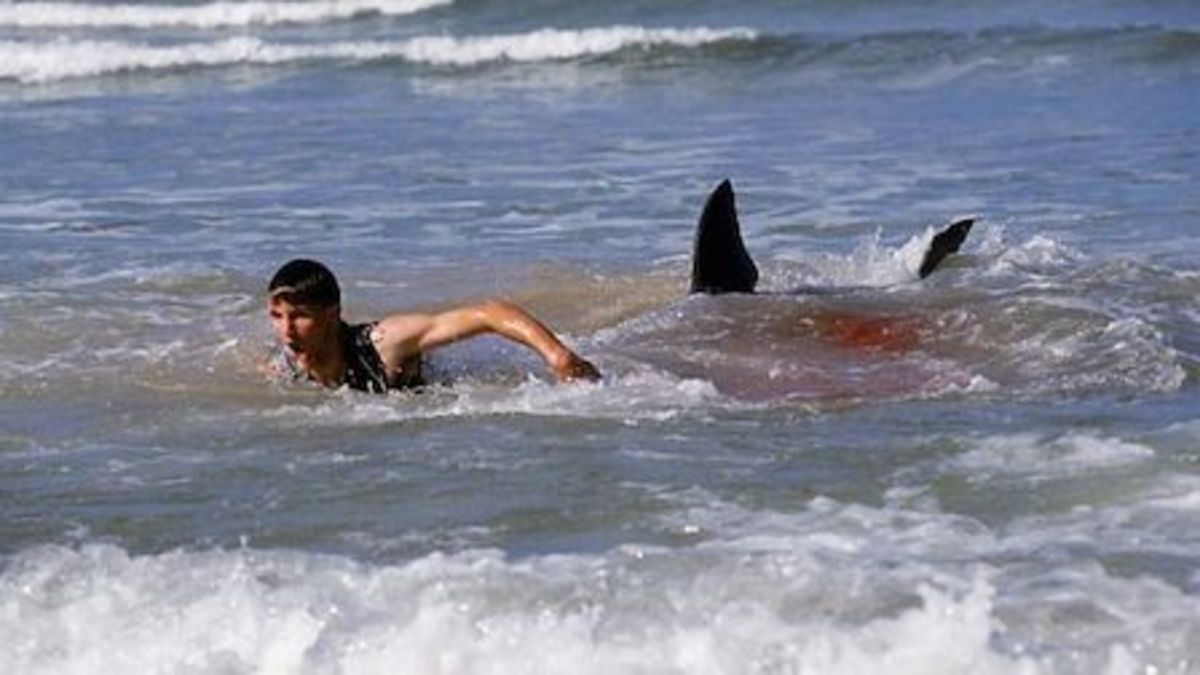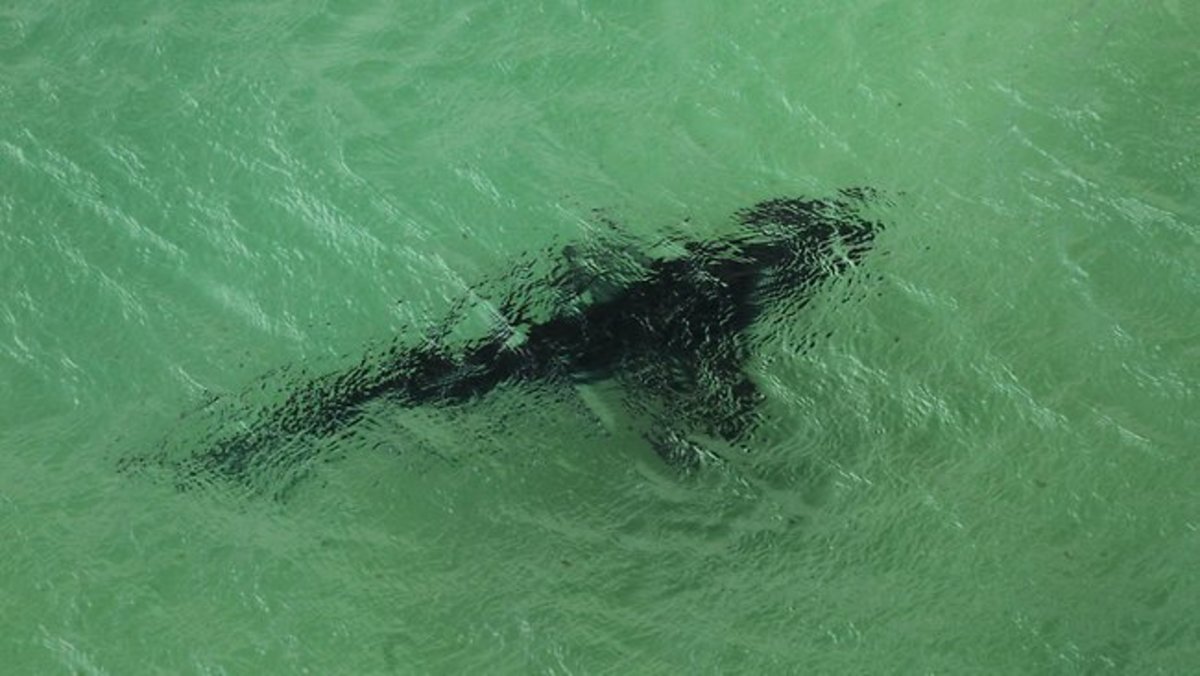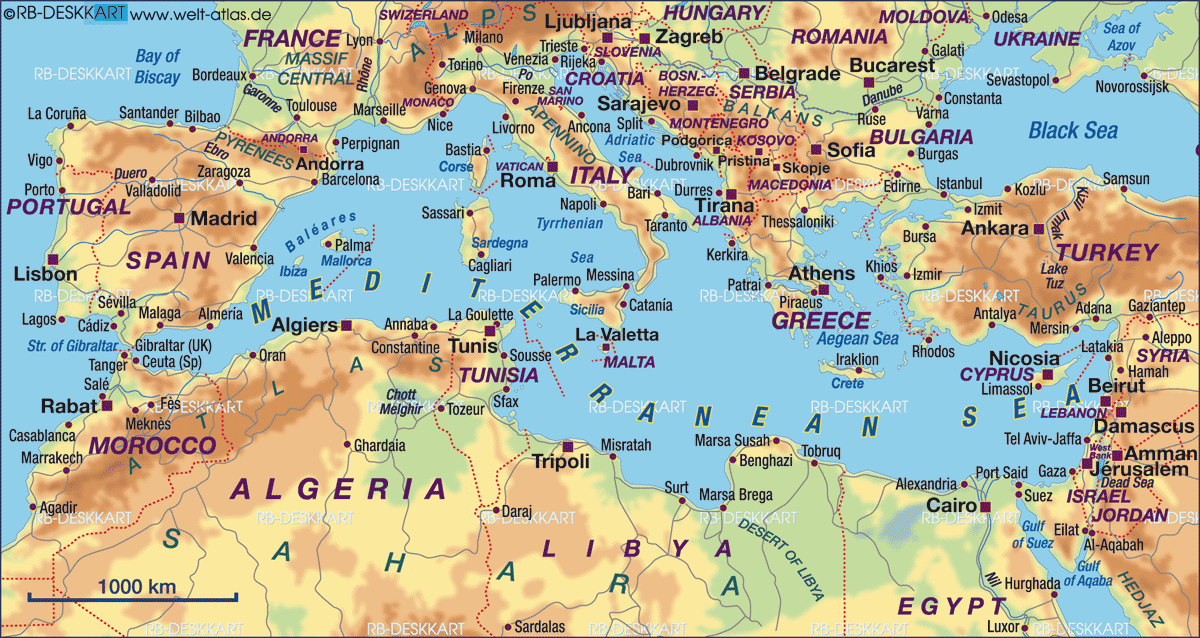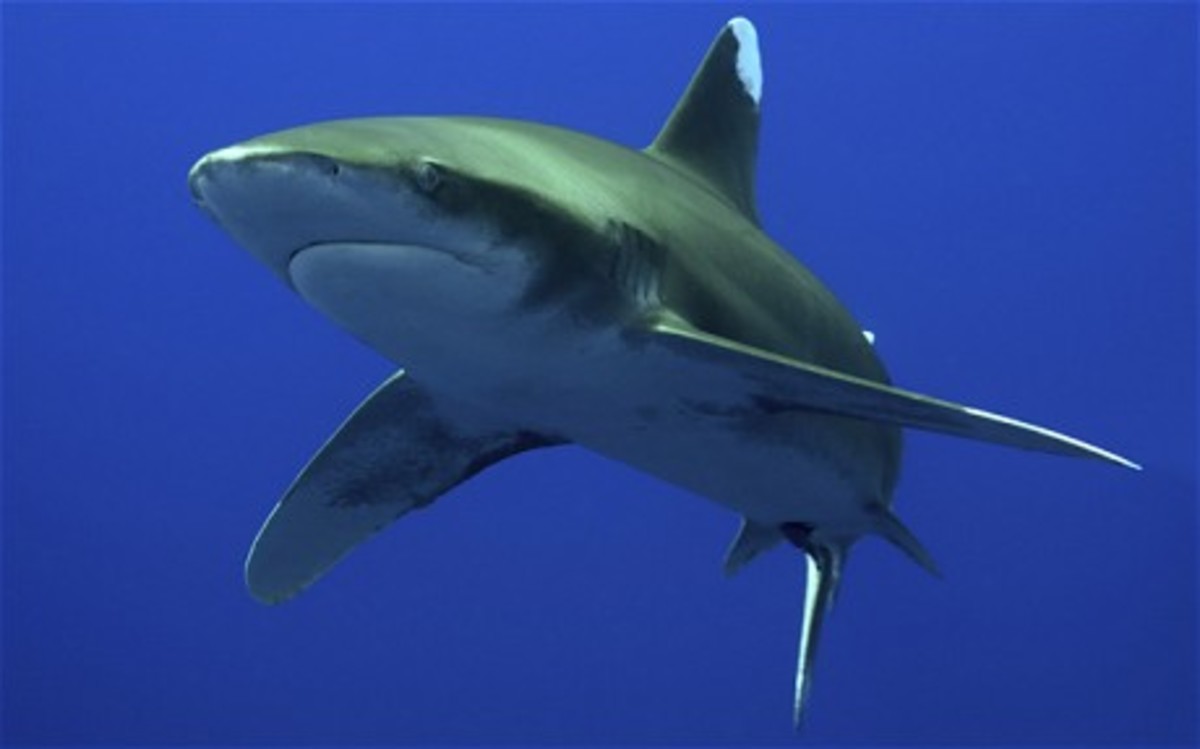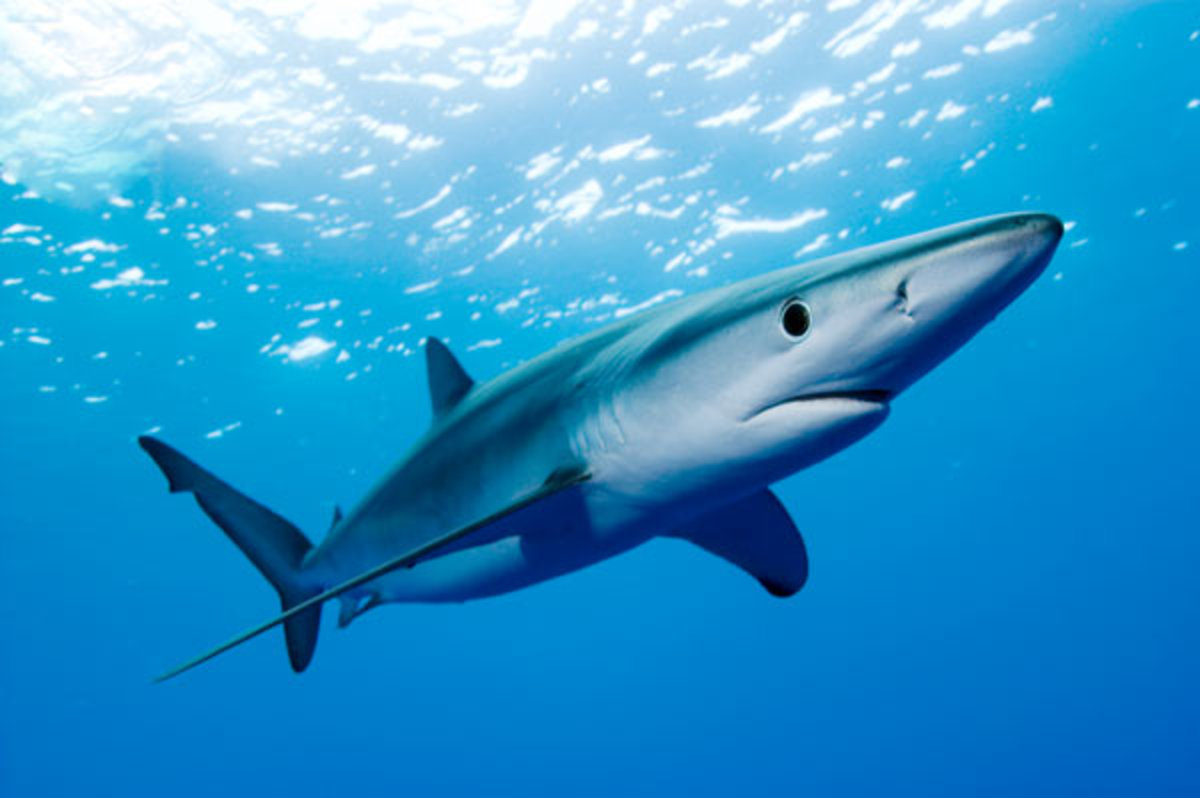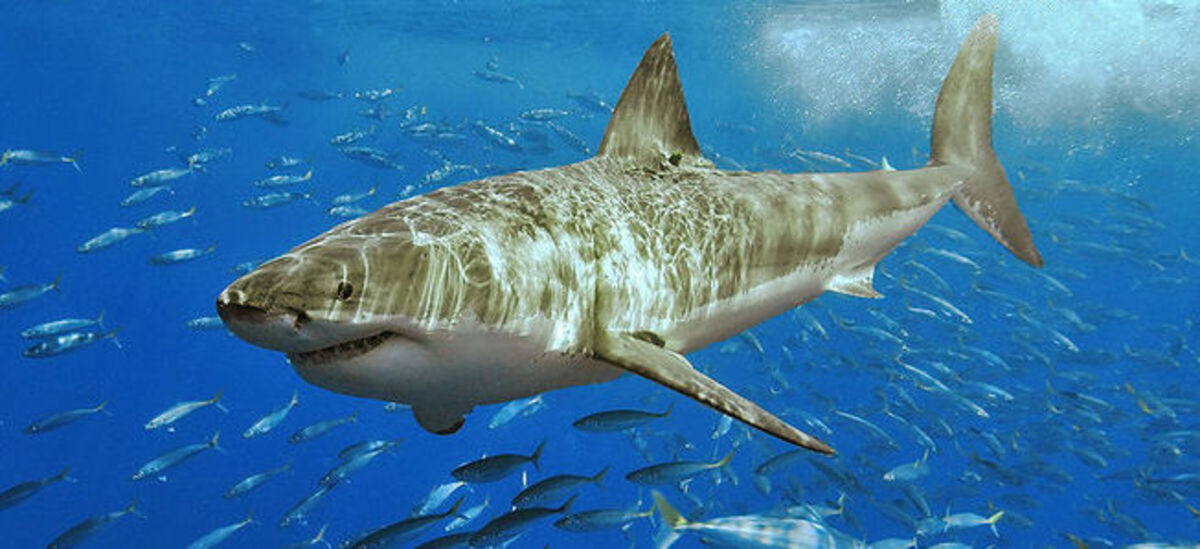- HubPages»
- Education and Science»
- Life Sciences»
- Marine Biology»
- Marine Life
Increase in Global Shark Attacks up till 2011
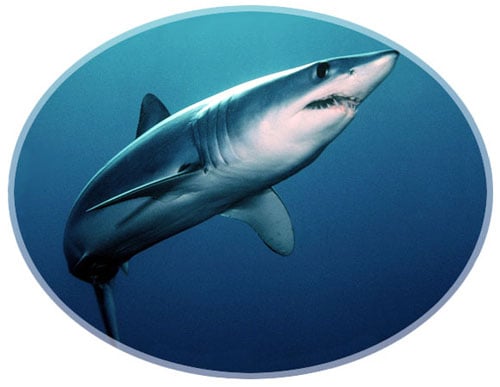
Many people are rightly concerned about what seems to be an increase in global shark attacks in recent years.
What has changed?
Are sharks becoming more aggressive?
At the turn of 1900, there were approximately 20 unprovoked shark attacks on people.
By the year 2000, that number had risen to 650.
Year on year global sharks attacks have been increasing.
Why is this?
Two things spring to mind immediately.
One is that back in those days, the reporting of shark attacks were not so widespread. Television hadn't been invented, and radio was local. People had a hard enough time getting on with their lives, without worrying too much about people being attacked by sharks.
Now, thanks largely to the movie Jaws, everyone wants to know about shark attacks when they occur, and to whom, and even the type of shark involved.
To this end, we have both the Global Shark Attack Monitor and the International Shark Attacks Files collating all the information, and using the internet to store their files, allowing us all access.
Over the last century, the global population has grown from 1,650 million in 1900 to 6,070 million in the year 2000.
The percentage rise in global shark attacks is much higher, but what could be causing the difference?
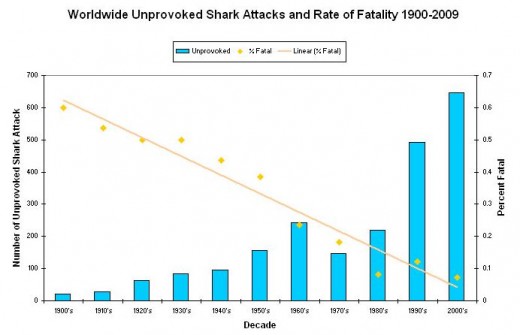
The reporting of shark attacks is not accurate nowadays either
Apart from the coastal New Jersey, U.S. sharks attacks in 1916, when 4 people were killed and another badly injured in a spate of attacks that occurred between July 1 and 12, the media in the main did not pick up on shark attacks of yesteryear.
Now, if a shark so much as nudges someone's boat, it is recorded as a shark attack which seems to be a bit extreme.
Many of the reported attacks are encounters, not attacks.
Rise in reported shark attacks, but drop in deaths
As we can see on this graph taken from the International Shark Attack File, the number of attacks has risen year on except for a period in the 60s and 70s, while the number of fatal attacks has dropped.
This can be explained by better modern day medical care and availability of emergency medical help.
The International Shark Attack File, based at the Museum of Natural History in Florida, would welcome any information anyone has about shark attacks occurring globally in the 1960s and 70s, as their database for that time period is not complete, which explains the apparent drop in shark attacks during this time.
Florida itself is a sparkling example of how population growth and increased shark attacks are related.
Having the dubious record of having the most unprovoked shark attacks of anywhere in the world, the population of Florida has risen from 1 million in 1900 to 16 million today.
Shark attacks have risen from a handful in 1900 to around 160 in the last 10 year period.
Japan, California and Hawaii show a similar pattern.
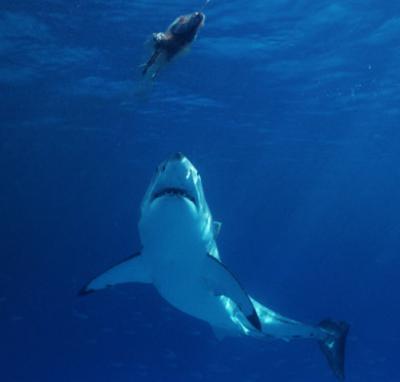
Many more people now have taken to the waters of our seas and oceans, for bathing as well as partaking water-sports like surfing.
The drop in the price of air travel has allowed many more of us to travel to warmer climates for vacations, and to coastal areas where sharks reside.
This puts us in closer proximity to sharks.
It is well known that most sharks do not set out to attack humans, but sometimes mistake us for something they would normally eat, like fish or seals.
Sharks eyes are paramount to their seeing what they smell, or that movement in the water that piqued their interest.
This is why is of vital importance not to swim in murky waters, near where schools of fish may normally hang out.
Sharks may mistake us for fish, when they can't see too well.
It is also why we should avoid wearing any shiny jewelry while in the sea, which sharks may mistake for the glittering scales of fish.
Global Warming
It has been suggested that global warming may be to blame for the increase in shark attacks, but this hypothessis is highly unlikely.
Sea temperatures would have to have risen, and they haven't. In fact they have been falling.
Certainly in 2011, great white sharks were found far further north than they have ever previously been recorded, and in Russia there was a spate of shark attacks for the first time ever.
Sea temperatures in the region however, remain unchanged.

